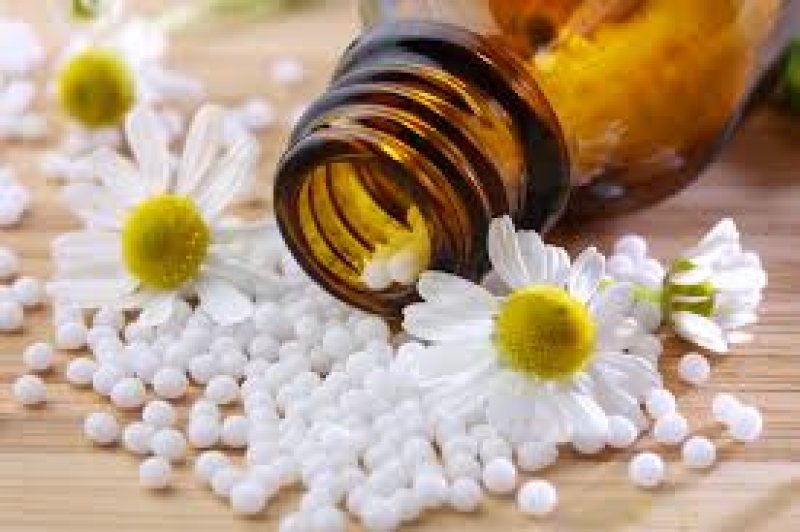The GLP aggregated and excerpted this blog/article to reflect the diversity of news, opinion and analysis.
Homeopathy, the form of alternative medicine in which proponents claim that small doses of natural substances can cure patient’s ailments, has come under fire recently—Australia deemed the practice “useless” in 2014, and in 2015 the FDA considered cracking down on unregulated treatments sold over the counter. Now homeopathy has received another blow: Paul Glasziou, a professor of evidence-based medicine at Bond University in the United Kingdom, called homeopathy a “therapeutic dead-end,” according to a blog post published on the website of the British Medical Journal and covered by The Independent.
But as scientists and journalists increasingly tout the lack of evidence supporting homeopathy, it’s still big business in the U.S. 50 percent of Americans use some form of alternative medicine, supporting an industry of $34 billion per year, according to a 2013 book by Paul Offit, an infectious disease expert at the Children’s Hospital of Philadelphia. But now, consumers have started to wonder about the efficacy and contents of other alternative treatments like nutritional supplements. And regulators in the FDA are paying more attention.
Read full, original post: Homeopathy is a “therapeutic dead-end” says British scientist































